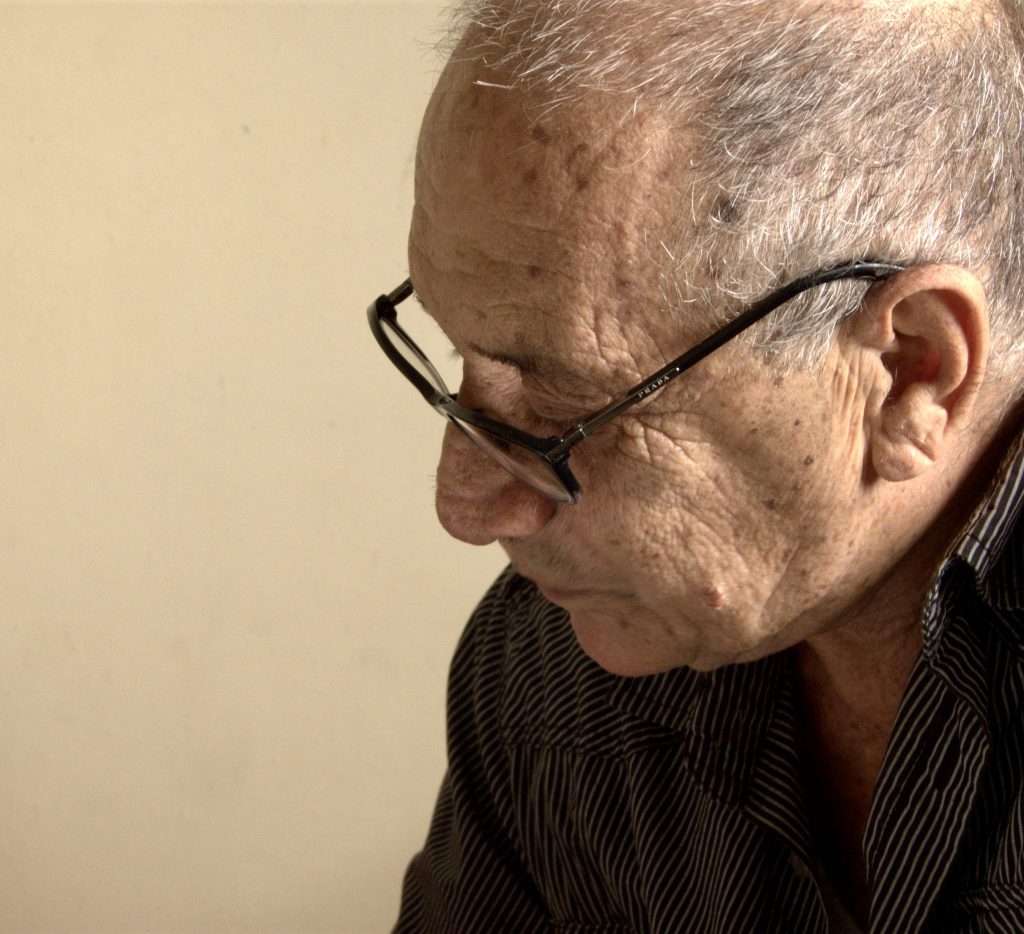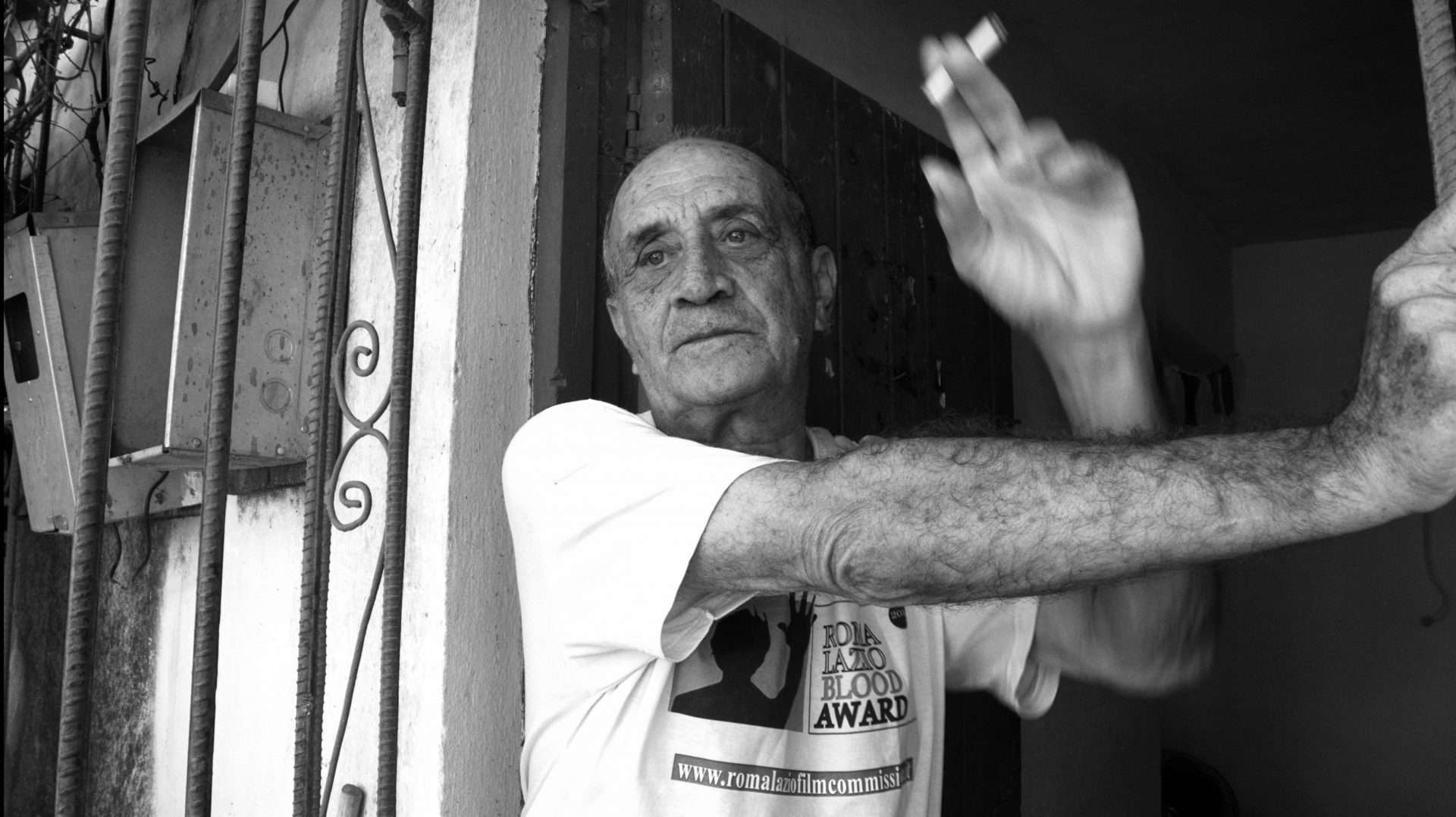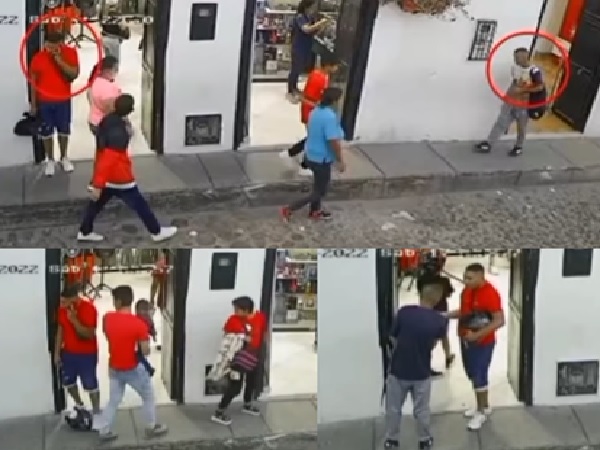At last the best of the forecasts that were launched on social networks every December since 2014 was fulfilled: Delfín Prats (1945) is the new National Literature Award.
The predictors before each edition of the contest were divided into three groups, namely: those who thought that this year would correspond to the poet from Holguin; those who believed that others should receive it before him; and those who, as Dauphin himself expressed more than once, were convinced that they would never grant it.
However, all shared a unanimous criterion: the author of To celebrate the rise of Icarus (1987) had gathered enough merits to be the recipient of an award that constitutes a “recognition (…) to the work of those writers who have enriched the legacy of Cuban culture in general and of its literature in particular with the contribution of a transcendent literary work”. Requirements that the poet meets, more than enough, word for word.
Delfín became known as a poet in 1968, when he won the David Award with the mythical collection of poems language of dumb. Beyond the intrinsic quality of the thirteen poems that make up the volume, its notoriety came from the fact that, once printed, it never reached readers.
A powerful and ignorant hand decided to remove it from the shelves of the bookstores, and until today it is not known for sure what was the fate of the print run. We will remember that this is the same year that they won the Uneac Heberto Padilla Award (Out of the game) and Anton Arrufat (The seven against Thebes), with two books that, although the institution itself considered that they departed from what should be the “revolutionary literature of the moment”, circulation was not prevented.
Delfín Prats, according to the critic and narrator Arturo Arango, was the first victim, among poets, of the fateful Quinquenio Gris. language of dumb It has, to date, four editions: the prince, from 1969, a true jewel for collectors, and those of Ediciones El Puente (1970), Ediciones Cuadernos Papiro (2011) and that of the Betania publishing house (2013).
With his characteristic modesty, Delfín rejects the qualifications of writer and intellectual. However, is considered “a person who achieved twenty or thirty poems”, despite the fact that his unique work is a reference for the new generations of writers and is included in important anthologies carried out inside and outside the country.
According to him, the poet is nothing more than “an innocent assembler of words.” The tributes disturb him because they give him a visibility to which he has never gotten used to. His is a catastrophe-proof case of poetic vocation. In the most adverse conditions, both material and spiritual, he has never stopped creating. Poetry is one of his bodily fluids, a sine qua non of his own being, a vision of the world: a fatality, something that is going to emerge inexorably.
In addition to the cited volumes, so far his bibliography in the poetry genre is made up of: Five shipments to grove (Holguin Editions, 1991), open the constellations (Union Editions, 1994), amatory lyric (Holguin Editions, 1994), splendor and chaos (Editions Holguin 2002), Striptease and eclipse of souls. (Ed. The Light, 2006), temporary exile (Ed. Mantis Editores, 2009) and poetic work (Hypermedia, 2013).
Alejandro Querejeta, his compatriot, colleague and friend, has sent us this fragment of his unpublished memories:
“At the end of 1982 I started working at the Holguín Provincial Center of Medical Sciences (…). There I met Delfín Prats Pupo, whose friendship, sense of humor, enormous poetic talent and refined culture had a decisive influence on me. The landscape as something poetic, the subtle and sometimes stark eroticism, the juxtaposition of images, the transfer of meanings, the silences between verses and stanzas, and the understanding of the freedom that poetry could (and should) be exercised, were the lessons that I got from reading his poetry and many poems by other authors that thanks to Delfín Prats I read and enjoyed. Until then I had not met a poet with the firm conviction that poetry, even in the worst personal, social, cultural and political circumstances, was the only thing worth preserving”.

The awarding of the National Prize for Literature to Delfín Prats has been received with jubilation among Cuban readers and writers. Someone on Facebook said, words more or less: “The National Prize for Literature has been awarded a Delfín Prats.” Fair evaluation, since it is the winners who give prestige and give hierarchy to the contests, and not the other way around.
It will follow a minimal poetic sample1 of this living classic of Cuban literature.
Georgian song
blonde vodka reminds me
Kolya’s hair his hands
long as ears of wheat
its oak or birch bark
Georgian white wine
your name my dance
in the mountains the body
of tamara spinning in the shadows
of the Kurá and the sexual waters of Borjomi
the dark wine of Georgia all
the magic of your skin your eyes
open like wells your hands
like black sheets of fear
and the mountain of your sex
(this abyss knows you knows you
for him you have slipped and you resist
stand up like a demon)
(this tavern reminds you
that bar touched you
in the ferment of sour bottles)
let the drunkenness be so brief
that we feel thirsty when we wake up
and waking up let’s hear
the bartender’s brutal sentence:
“There is no liquor that drowns desires”
humanity
there is a place called humanity
a humid forest after the storm
where the sun leaves the noisy colors of combat
a fountain a stream one open morning from the town
that goes to the field mounted on a donkey
There is a different love, a face that looks at us closely
ask about the new season of planting
and invents a different season for singing
a need to do all things again
even the simplest
wash in the morning rock the child when he cries
or nail down grandpa’s box
smile when someone asks us
the reason for summer poverty and without speaking
march into the woods for firewood to stoke the fire
there is a place serene and recovered and sweet place
language of mutes
always us in a hurry dressing gropingly
caressing our skin entering our fearsome truth
shaving eating calculating dates
the approach of the new year
a possible trip to Varadero with friends
frightened in front of the empty mirror
before the possibility that someone surprises us
(painfully wishing someone would surprise us)
in this relentless battle against adolescence that abandons us
(also accomplices of adolescents
foolproof fixers of their most subversive intentions
in the evident secrecy of their manes
—letting our hair grow as well—
friends ad nauseam of their signs of their speeches between fingers
looking at us in the unconditional blue of their shirts
in the presence of their santajuana necklaces
and their amulets of polished wood and coconut shell
identifying with them) we let out our speeches
our endless sentences that will not repeat
sheltered behind the only possible language for now:
the learned eloquence of gestures
the plain-sight frustration of their imported ways and stances
language of the dumb that does not belong to them
always us taking the bus across the city and fear
Through the city and fear our lungs full of nicotine
rubbing wax on our face
as if it weren’t possible to linger a little longer in the bathroom
continue reading the book we interrupted last night
write to mother
- The poems were taken from Delfín Prats, Poetic Work 1968-2013Ed. Hypermedia.















